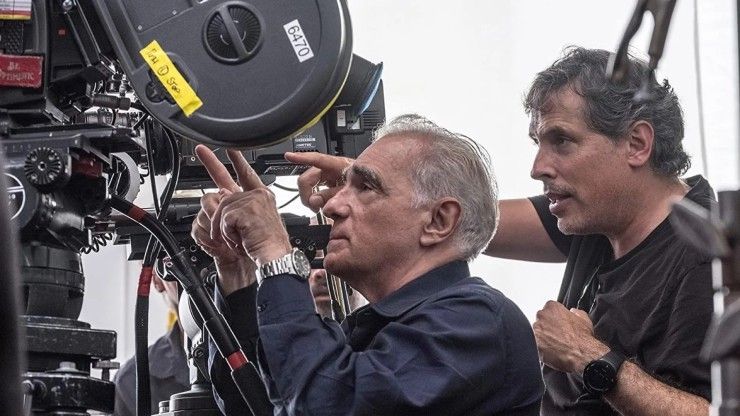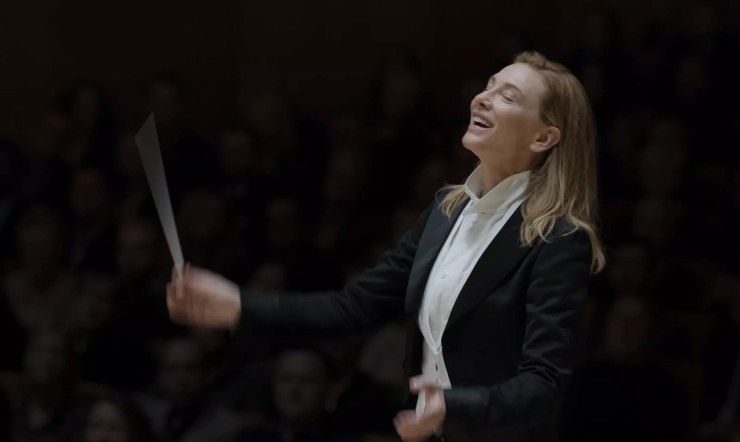
I bet it's really amazing to hear Scorsese thinks you're the future of cinema.
Around here, we worry about the future of cinema on a daily basis. With studios shifting more toward content than art, it can make the future a scary place for artists. We know we're not alone. Many of our greatest filmmakers have come out to bemoan the future.
But at the recent New York Film Critics Circle awards, Martin Scorsese got up to award a movie he believed might provide a glimmer of hope for the future. That movie was Todd Field's TÁR. It's the darkly funny story of a composer in a downward spiral. To hear Scorsese talk about it means the future of cinema is in good hands.
The movie won Best Picture and Best Actress at the award ceremony, and when Scorsese handed over the Best Picture Award, he elaborated on what he loved about the movie.
Scorsese said, “For so long now, so many of us see films that pretty much let us know where they’re going. I mean, they take us by the hand, and even if it’s disturbing at times, sort of comfort us along the way that it will be all OK by the end. Now, this is insidious, as one can get lulled into this, and ultimately get used to it. Leading those of us who’ve experienced cinema in the past — as much more than that— to become despairing of the future of the art form, especially for younger generations.”

He continued, “But that’s on dark days. The clouds lifted when I experienced Todd’s film, TÁR. What you’ve done, Todd, is that the very fabric of the movie you created doesn’t allow this. All the aspects of cinema and the film that you’ve used, attest to this.
How did Field achieve this leave of praise from one of the greatest filmmakers of all time?
According to Scorsese, "The shift in locations, for example, the shift in locations alone do what cinema does best, which is to reduce space and time to what they are, which is nothing. You make it so that we exist in her head. We experience only through her perception. The world is her. Time, chronology and space, become the music that she lives by. And we don’t know where the film’s going. We just follow the character on her strange, upsetting road to her even stranger final destination. Now, what you’ve done, Todd, it’s a real high-wire act, as all of this is conveyed through a masterful mise-en-scène, as controlled, precise, dangerous, precipitous angles, and edges geometrically kind of chiseled into a wonderful 2:3:5 aspect ratio of frame compositions.”
Finally, Scorsese ended with this high praise, “The limits of the frame itself, and the provocation of measured long takes all reflecting the brutal architecture of her soul — TÁR’s soul.”
I have to say, I think this movie deserves every accolade under the sun. I saw it three times in theaters and the performances, direction, and cinematography are inspired. Everything has an artists' touch, and the sound design will be lauded for decades to come.
Did you see Tar? Did it make you excited for a world where cinema can still exist?
Let us know in the comments.
Your Comment